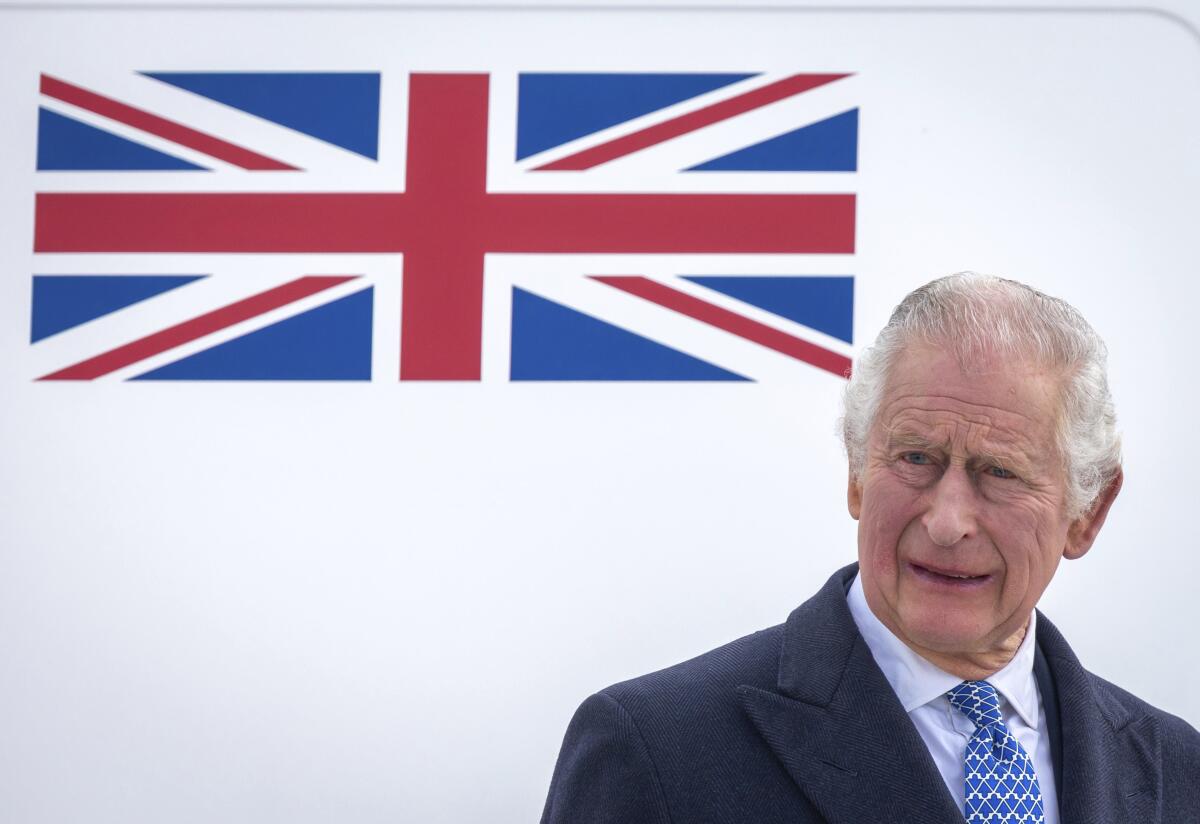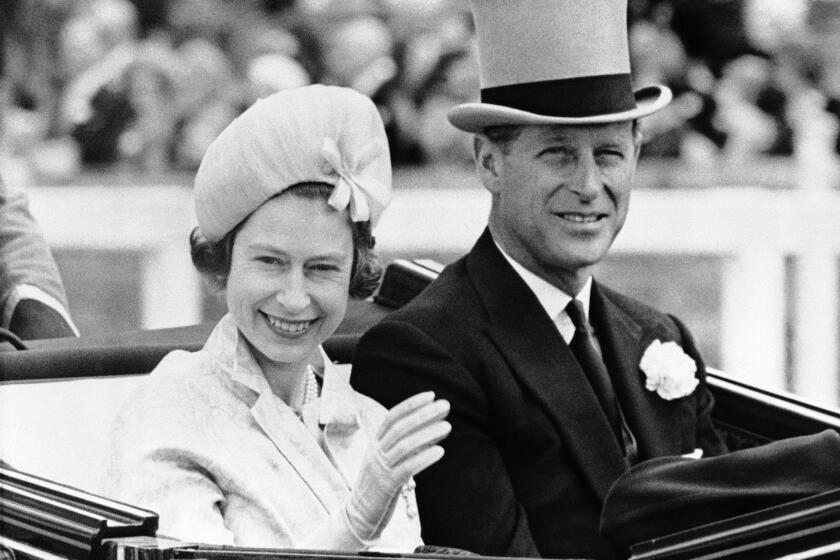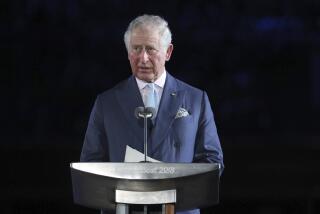King Charles signals support of probe into monarchy’s slavery ties after newspaper report

LONDON — King Charles III for the first time has signaled support for research into the British monarchy’s ties to slavery after a document showed that an ancestor owned shares in a slave-trading company, a Buckingham Palace spokesperson said.
Charles takes the issue “profoundly seriously,” and academics will be given access to the royal collection and archives, the palace said Thursday.
The statement came in response to an article in the Guardian newspaper that revealed a document showing that the deputy governor of the slave-trading Royal African Co. transferred 1,000 pounds of shares in the business to King William III in 1689.
The newspaper reported on the document as part of a series of stories on royal wealth and finances, as well as the monarchy’s connection to slavery.
Charles ascended to the throne last year after the death of his mother, Queen Elizabeth II. His coronation is planned for May 6.
Charles and his eldest son, Prince William, have expressed their sorrow over slavery but haven’t acknowledged the crown’s connections to the trade.
Papers show that an advisor to Queen Elizabeth II said it was not the palace’s practice to hire ‘colored immigrants or foreigners’ for clerical jobs.
The king has said he’s trying to deepen his understanding of “slavery’s enduring impact,” which runs deep in the Commonwealth, an international grouping of countries made up mostly of former British colonies.
During a ceremony that marked Barbados becoming a republic two years ago, Charles referred to “the darkest days of our past and the appalling atrocity of slavery, which forever stains our history.” English settlers used African slaves to turn the island into a wealthy sugar colony.
The research into the monarchy’s ties to slavery is co-sponsored by Historic Royal Palaces and Manchester University, and is expected to be completed by 2026.
More to Read
Sign up for Essential California
The most important California stories and recommendations in your inbox every morning.
You may occasionally receive promotional content from the Los Angeles Times.











